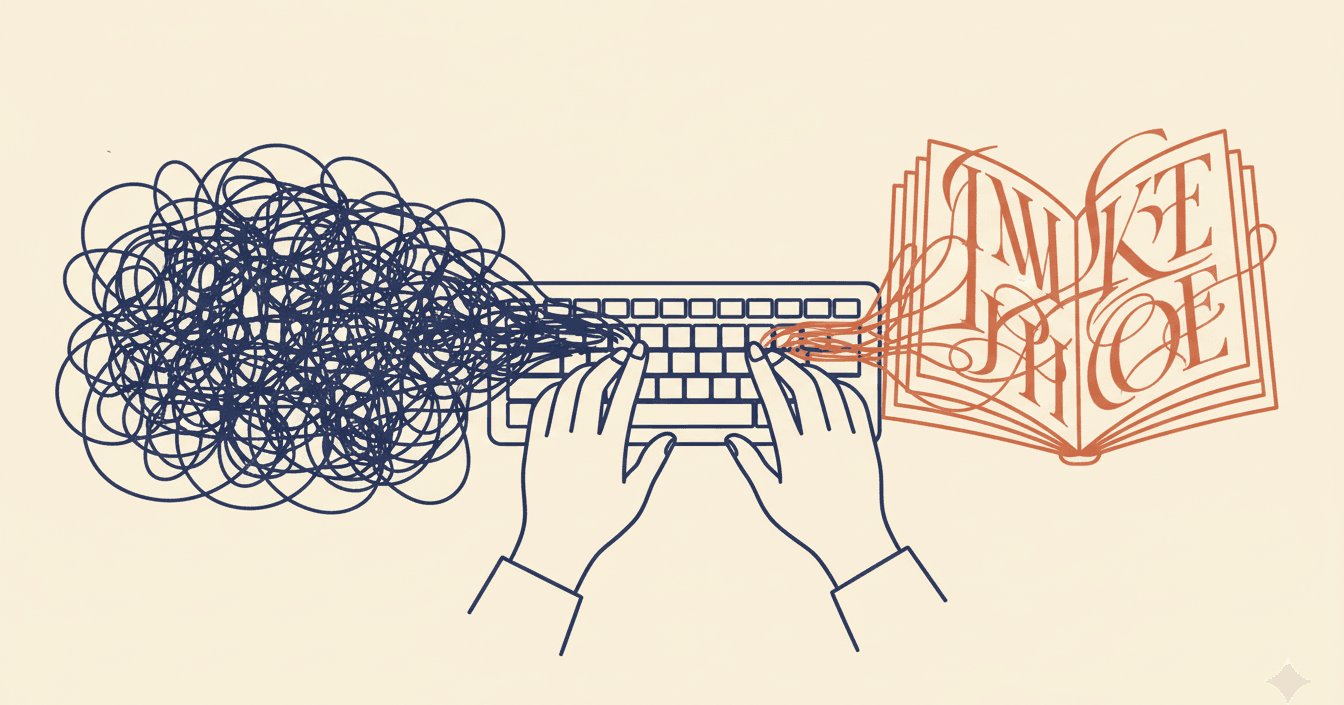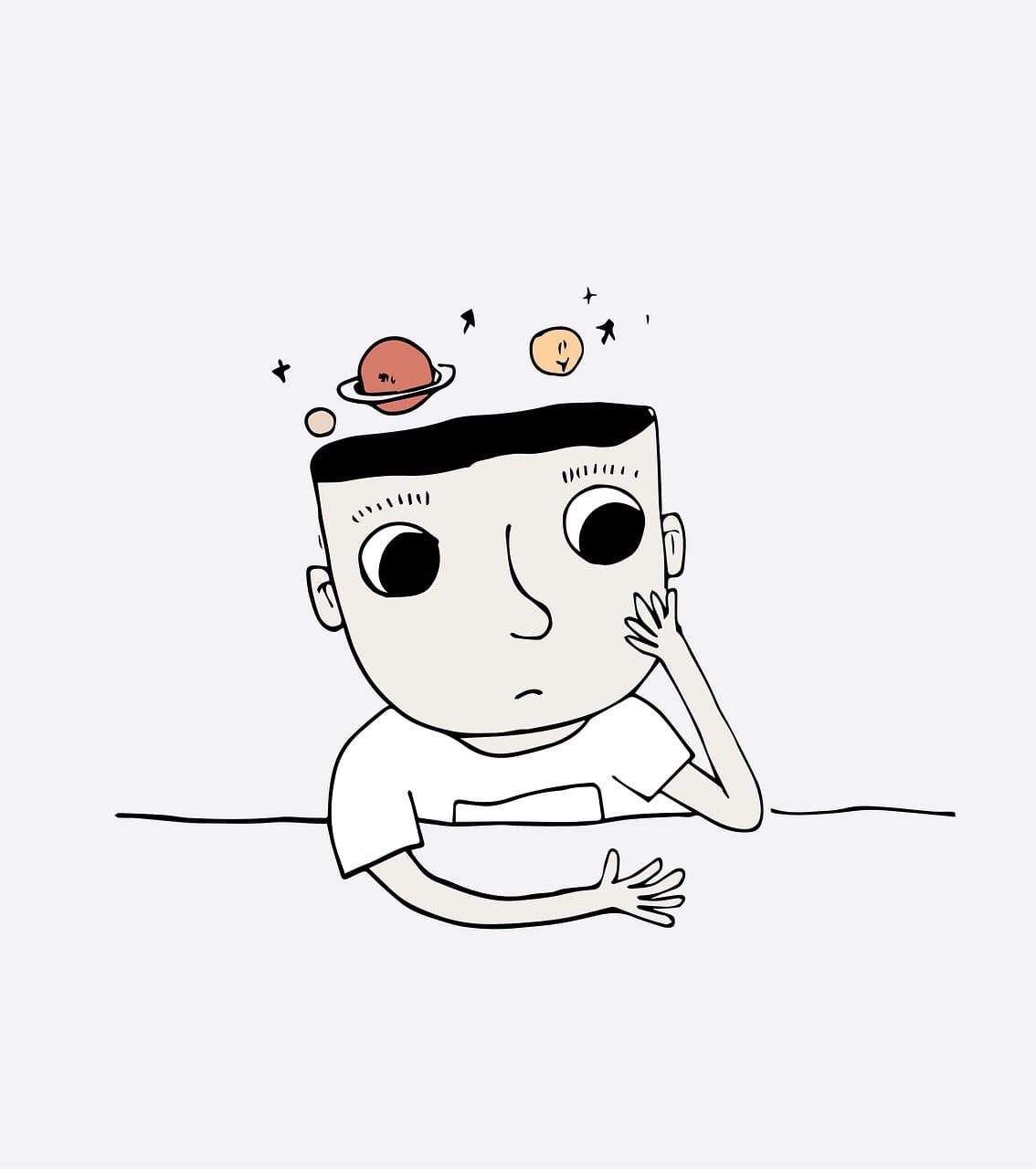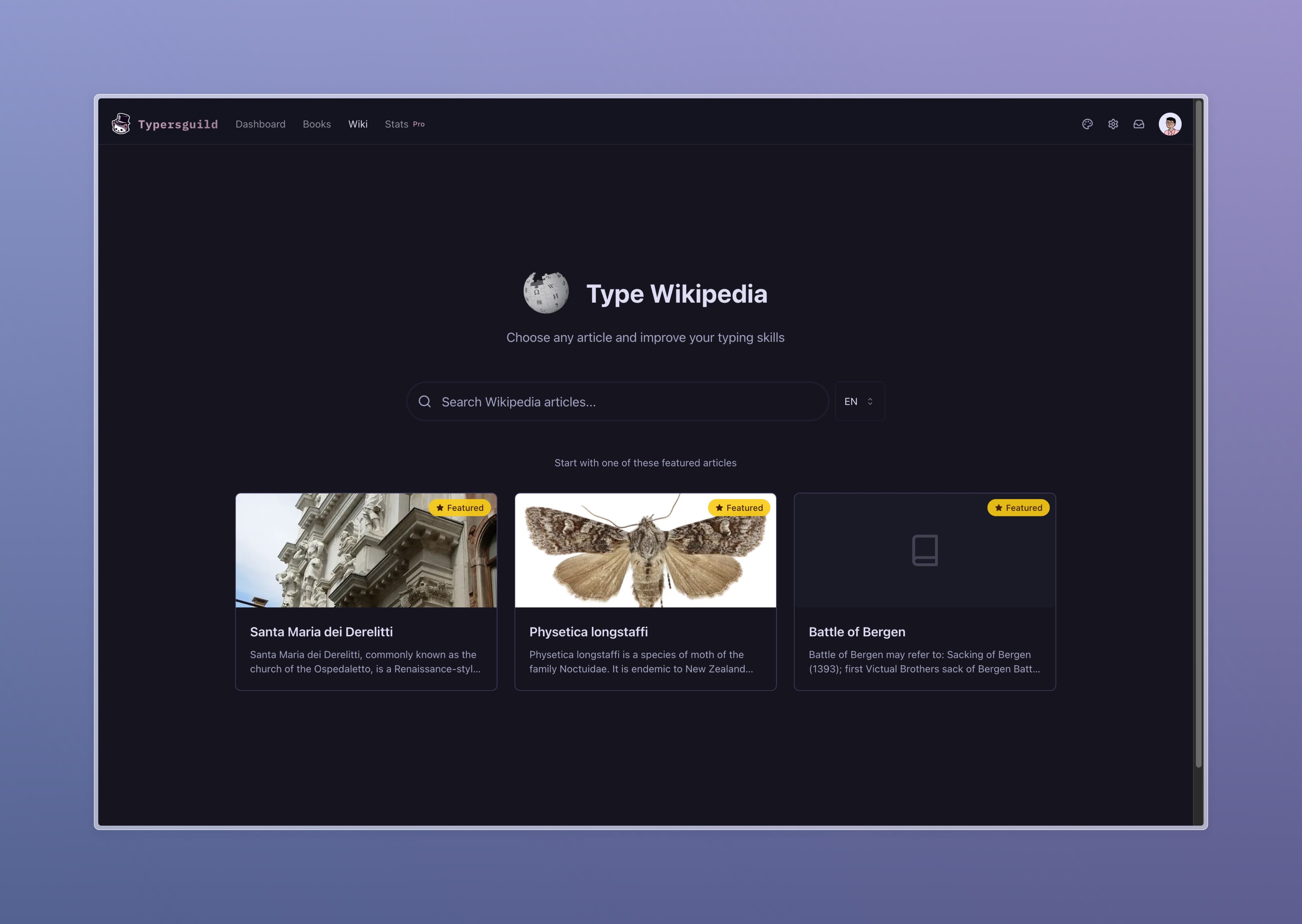How Regular Practice Can Transform Your Writing


By Suryadathan E
A content strategist, copywriter, and content writer. Aspiring writer, on my way to write my first ever book!
@suryadathan_Ever since the invention of the printing press, the way we write has changed radically. Writing has increasingly become a universal experience. Whether it is a dream you once had that you want the whole world to know, or if it is a fan fiction of your favorite characters interacting, you have the entire world as your audience.
However, just because it’s accessible does not mean that you can be good at it. A good story is nothing in the hands of someone who isn’t a good storyteller. The descriptives, the way a sentence is structured, the way dialogues are handled, new writers find themselves in a daze and most often abandon their dreams of writing.
This often originates from a place of reading to consume. When I read books, I read them to be immersed in the story and the author that the author is constructing inside my brain. But to write books, you need to understand how the author is conveying that to you. Writing is not writing, it is storytelling. The most beautiful stories could be destroyed in the hands of an author who could not build that world inside the readers’ head.
So how do you make sure that you’re a good writer? How do you transform your writing?
Practice.
It sounds like a cop out answer, but it is the objective truth. To become a better writer, you need to be a better reader. Don’t read the story, read the author. Understand the devices that the author is reading. Understand why the sky darkens in your imagination when a writer is writing something traumatic.
The best way to practice is to create a bootcamp for yourself. Here’s a basic template that you could start out with.
Reading
Most people grew up reading relatively recent books. The storytelling methods in these books are derived from books which are much, much older. Read classic books like the Great Gatsby, Moby Dick, and even Romeo and Juliet. Understand not just what the books you read are, but also their narrative devices. Understand what time period they’re from and how their writing reflects it.
Writing
Of course, if you want to be a writer, you need to be writing as well. But not your own pieces. Not yet. The way you start learning how to draw by imitating other people’s art, you learn to write by writing out other people’s work. Writing it down not only helps you think from an author’s point of view, but also helps you understand formatting better. Formatting is important, because you need it to not only maintain reader retention, but also make your story look compelling to read.
Most of us grew up writing in paper. However, to be an efficient writer in today’s age, you need to get better at typing. You need to be significantly faster at typing, because once you start writing, the story starts flowing and if you can’t catch up with your brain, you will often find yourself forgetting to write down interesting bits of story that you want to tell. Of course, you can still write in paper with pen and pencil, but at the end of the day, the mode in which you publish will always be digital.
Writing down ideas
Write down every single story idea that you have. It doesn’t matter where you are, what time it is, or if you’re about to fall asleep. You will not remember it later. Trust me. No matter how bad of an idea it might seem to be, write it down. And then, every day, enter every idea from throughout the day from your notepad into a spreadsheet.
Your daily activity here is to pick out one — one that seems most compelling to you in that moment. Give it a setting, a world, and a genre. Then think about who the reader of the book will be. Take your time and think it through. This is the most creative part of the process. Go hogwild, have fun. Whether it is a medieval piece, a cyberpunk piece, or a space exploration mission, always think about who you want the story to be read by.
For example, a space expedition for children could be the simplest story ever. However, for women, it would require more imaginative, compelling stories which tell a story of angst with flowery language.
Men, on the other hand would prefer it have incredible power scaling systems and exploration mechanic and world building. Lightsabers, teleportation, powers unique to characters, the list goes on.
Don’t just write a story. Write a story with someone in mind. With your reader in mind. Eventually, you’ll find yourself ready to expand on one of these ideas. Once you do, don’t forget to share your first story with us at [email protected] or on our official discord! We promise to read every single one of them.


